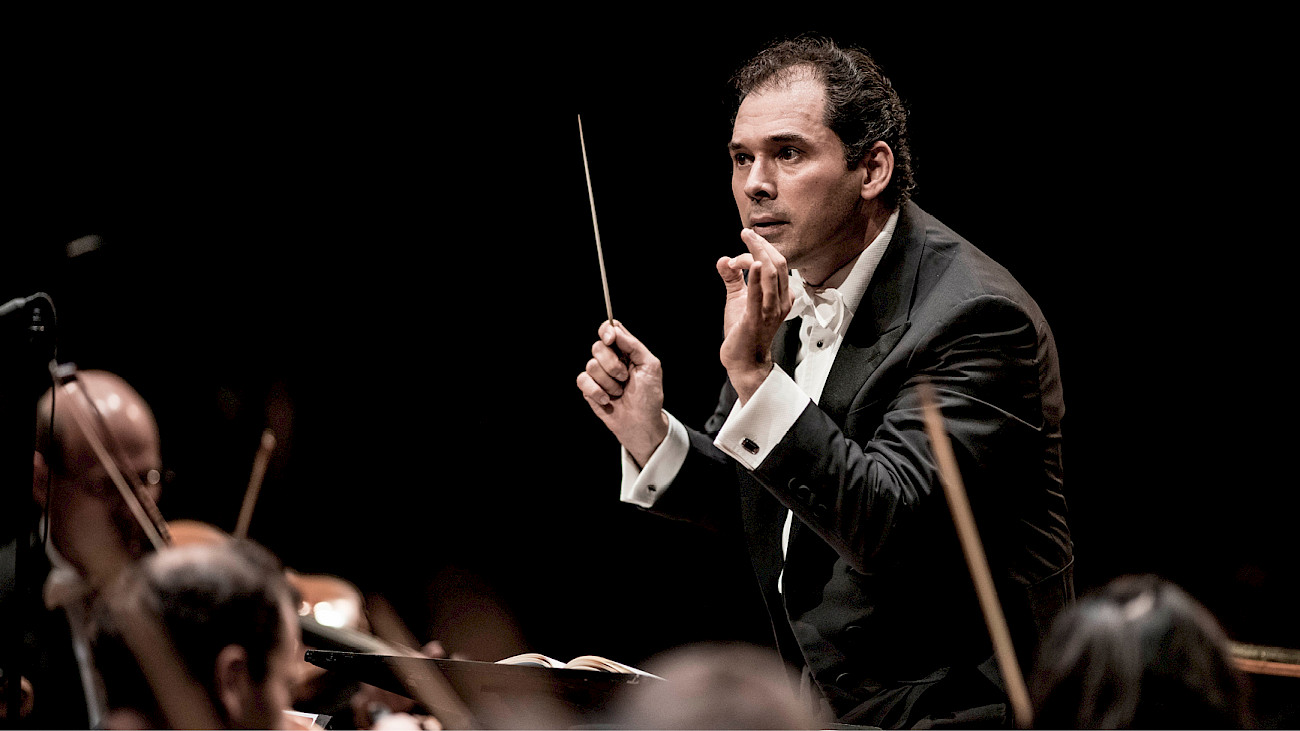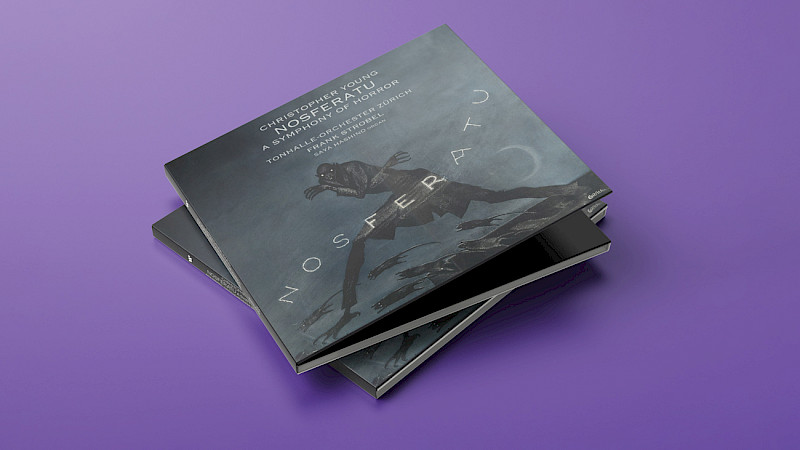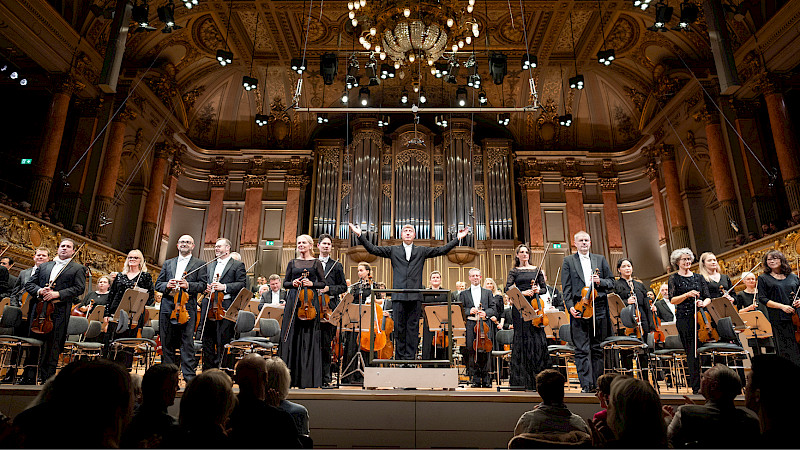
Tugan Sokhiev, high-flyer
Everything was going well for the Russian conductor - until he was forced to make a decision.
He prefers to talk about music rather than private matters, said Tugan Sokhiev in the video diary that accompanied his debut as Chief Conductor and Artistic Director of the Deutsches Symphonie-Orchester Berlin in 2012. This was fitting for a career that from the very beginning was indeed very straightforward, unagitated and focussed exclusively on the music. Sokhiev was 17 years old when he made his first attempts at conducting and found his calling. While still a student, he conducted productions at the Mariinsky Theatre in St. Petersburg, and at the age of 24 he conducted a "Bohème" in Iceland. Shortly afterwards, he was engaged as chief conductor at the Welsh National Opera.
From then on, his radius became increasingly larger, and it would probably have gone on forever - if Russia had not attacked Ukraine. At the time, Tugan Sokhiev was engaged twice as chief conductor, firstly at the opera house in Toulouse and secondly at the Bolshoi Theatre in Moscow. The time when he could only talk about music was finally over in February 2022.
The conductor, who was born in North Ossetia in 1977, had never been considered a confidant of Putin and had long lived in London. However, like all Russian musicians, he was asked to distance himself explicitly after the start of the war - and subsequently resigned from both conducting posts. Europe forced him to make "an unacceptable choice" and "favour a member of my musical family", he wrote on Facebook; he found it "shocking and insulting" that there was even the suggestion that he, as a musician, could "ever stand up for anything other than peace on this planet".
It was a statement from a conductor who did not make it easy for himself; who did not simply deliver what people wanted to hear from him as quickly as possible and in black and white, but expressed his "complex feelings", his inner turmoil: as personal and emotional as one was not really used to hearing from him. Unlike other Russian musicians who had long since shifted the focus of their activities to the West, Tugan Sokhiev paid a very real price for his attitude. His career, which had been on such a steep trajectory, lost its foundation from one day to the next with his double resignation.
His agenda is now full again. He no longer conducts in Russia, but he still regularly includes works by Tchaikovsky and Shostakovich on his programmes. He makes his debut with the Tonhalle-Orchester Zurich with Strauss and Liszt. That he can visit his two "families", at least musically: He has every right to do so.
We use deepL.com for our translations into English.





